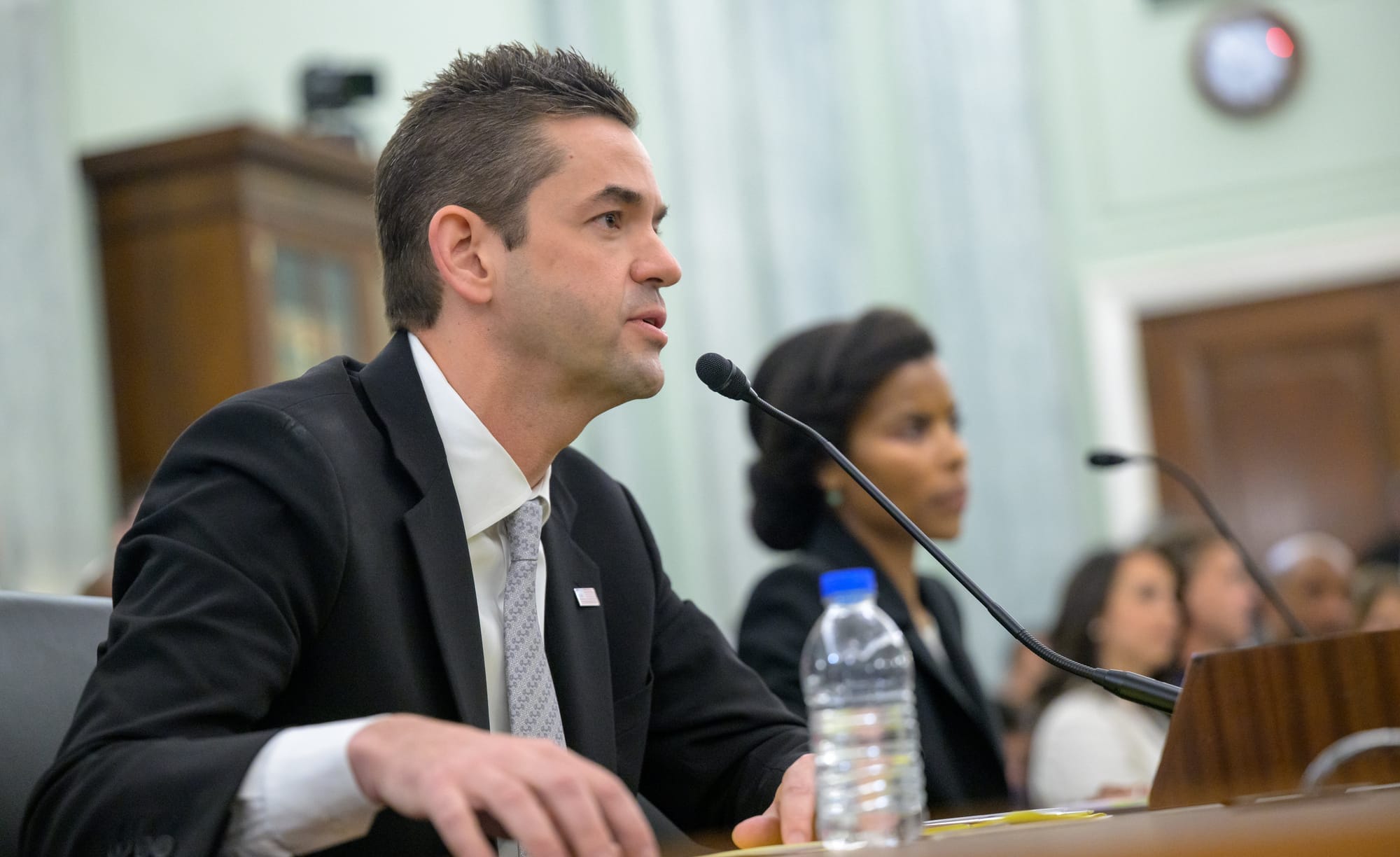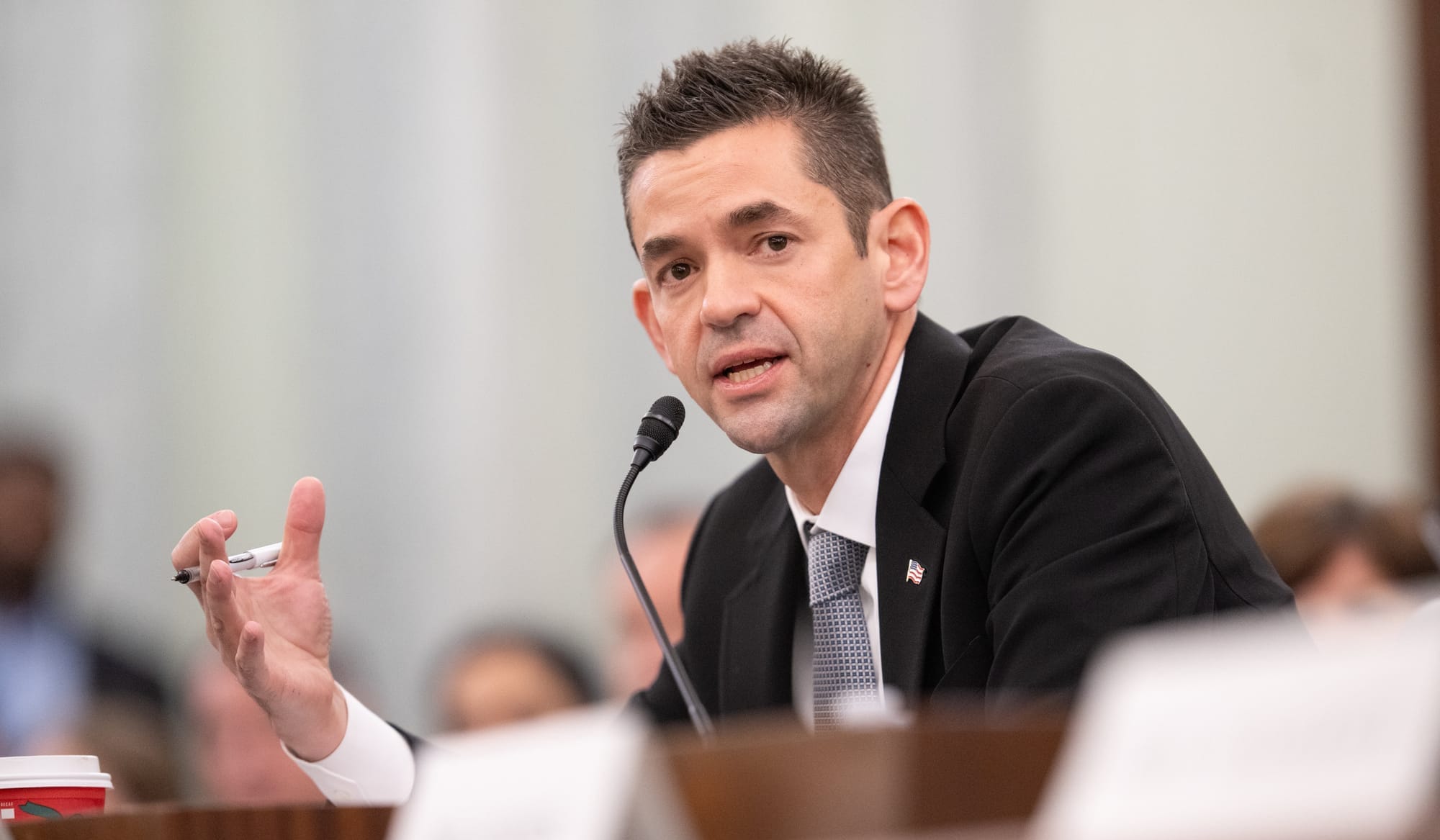Table of Contents
Politico released a report yesterday, November 3rd, outlining Jared Isaacman's, Trump's original pick for NASA Administrator, plans for the space agency. Isaacman's full plans were detailed in a sixty-two-page document known as 'Project Athena'.
While never intended for public release, the fintech billionaire space tourists' plans would have been catastrophic for the American space program, with a major section co-authored with a former SpaceX propulsion engineer. Politico's insiders, speaking anonymously, viewed the plan as fundamentally misunderstanding how and why the agency operates and exists.
Isaacman's plans would have demolished the very systems that have made NASA a global leader in space exploration. Consolidating specialized centres like the Jet Propulsion Laboratory, which has successfully landed every American Mars rover, reduces decades of collected expertise to throwaway bureaucracy. It would be utterly disastrous to relocate or eliminate facilities that sustain irreplaceable institutional knowledge, specialized interplanetary clean rooms, and teams that have worked together for years to perfect world-leading missions.
Centralizing everything would create new bottlenecks and drive engineers and scientists to either relocate or leave the organisation entirely, taking their skills with them. The loss of institutional knowledge alone would throw U.S. space exploration back years, as new personnel struggle to replicate the invaluable knowledge that departing experts carry with them.
Meanwhile, Isaacman's 'science-as-a-service' model completely misunderstands what makes scientific discovery valuable. Commercial companies collect data with direct market value. They will not support speculative missions to investigate faraway asteroids, look for biosignatures on ocean worlds, or track long-term climate changes that do not generate income. NASA exists to do science that the private sector will not pursue because it is too risky, expensive, or too far from profitability.
Purchasing data from commercial suppliers involves giving up authority over what questions are asked and what phenomena are investigated. As a result, the space program would be massively geared for quarterly earnings rather than incredible breakthroughs, with fundamental research abandoned in favour of commercial applications. The greatest breakthroughs in the study of space have resulted from missions, like those by NASA's telescopes in orbit, that no commercial enterprise would ever support.
Furthermore, eliminating the Space Launch System (the only part of the Artemis program proven to work) and the Gateway lunar space station while simultaneously suggesting an investigation of the 'relevance' of NASA sites will set up a political firestorm that would immobilize the agency for years. These programs employ thousands of people across multiple states, and the members of Congress who represent them will battle to preserve them. Rather than streamlining NASA, this approach will imprison the agency in more budget and authorization battles, while China pursues its space station and lunar base plans.
Cancelling active programs before alternatives are demonstrated leads to significant capability gaps, as best shown by the nine years between the final Space Shuttle flight and the first crewed demonstration mission, the Commercial Crew Program. It is entirely stupid to end America's only lunar-lift solution and hope commercial replacements materialise soon after. The document's nuclear propulsion aspirations also remain decades away, keeping astronauts grounded and America's human spaceflight endeavours in limbo.
Luckily for the U.S. Space Agency, Isaacman isn't in charge or heading it yet.
In recent weeks, Isaacman has been wooing pro-Trump figures and donating to MAGA projects, going so far as to support illegal use of military force in international waters, in the hopes of possibly leading NASA. In April, he got as far as a U.S. Senate Committee on Commerce, Science, & Transportation hearing before Trump pulled his support, citing donations to Democrat candidates at the time.
It remains to be seen if Isaacman will be renominated for the role of Administrator.
Before his original nomination was pulled, he was one of many nominations supported by the fascist head of SpaceX known as Elon Musk.
Is Duffy better?
At the moment, NASA is headed by Sean Duffy as its Acting Administrator, while he is also the Secretary of the U.S. Department of Transportation. Since entering the role in July, he has said that the space agency will illegally claim regions of the Moon, will win the one-participant space race, and will abandon climate sciences. Basically being the usual Trump appointee.
It is being said that Duffy is trying to remain in his NASA role until at least after the Artemis II mission around the Moon, set for no earlier than February 2026.
Whoever ends up leading NASA will be guiding a greatly defunded and damaged space agency. The agency is already losing critical employees and may lose thousands while the U.S. government is shut down.






